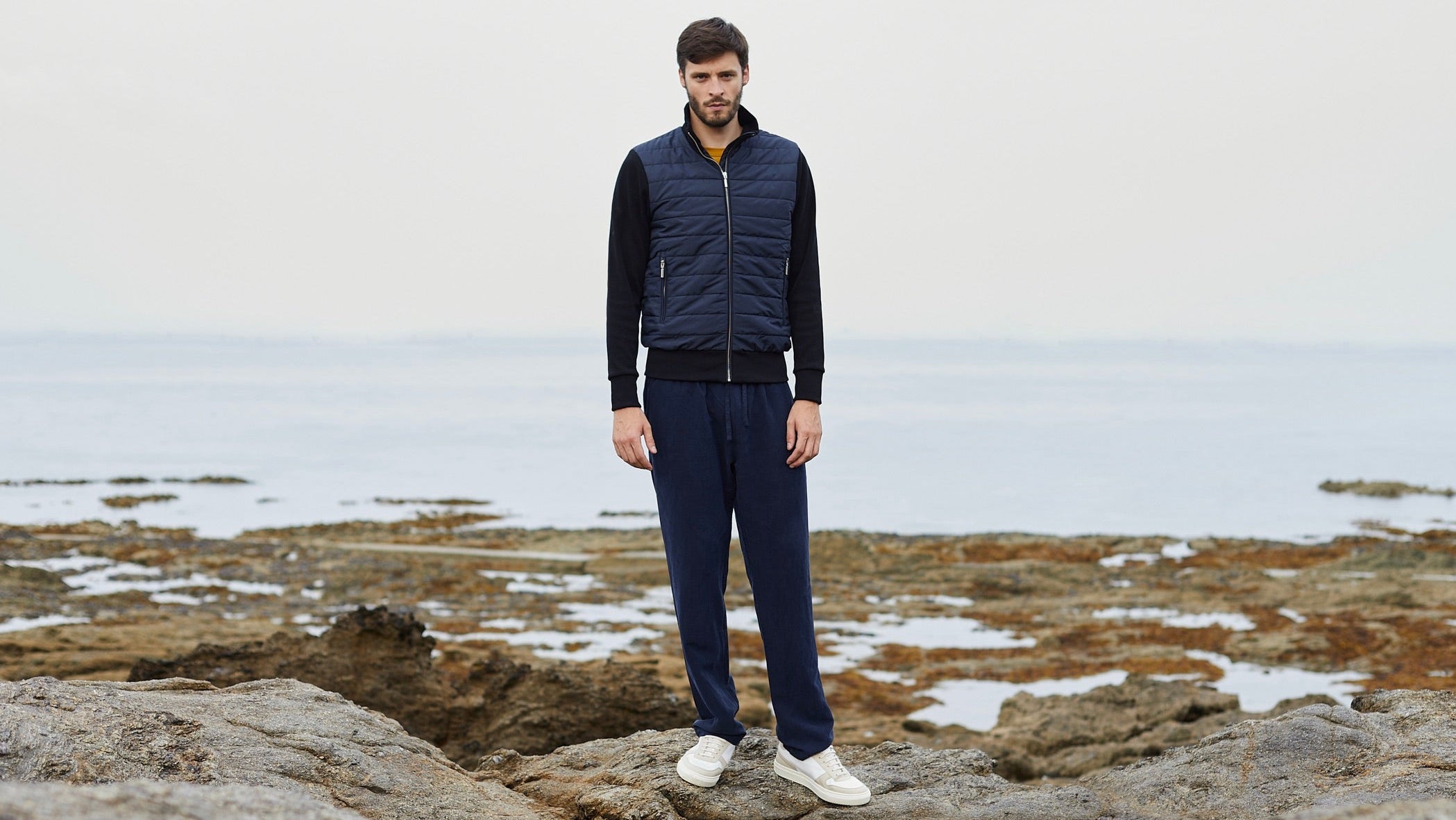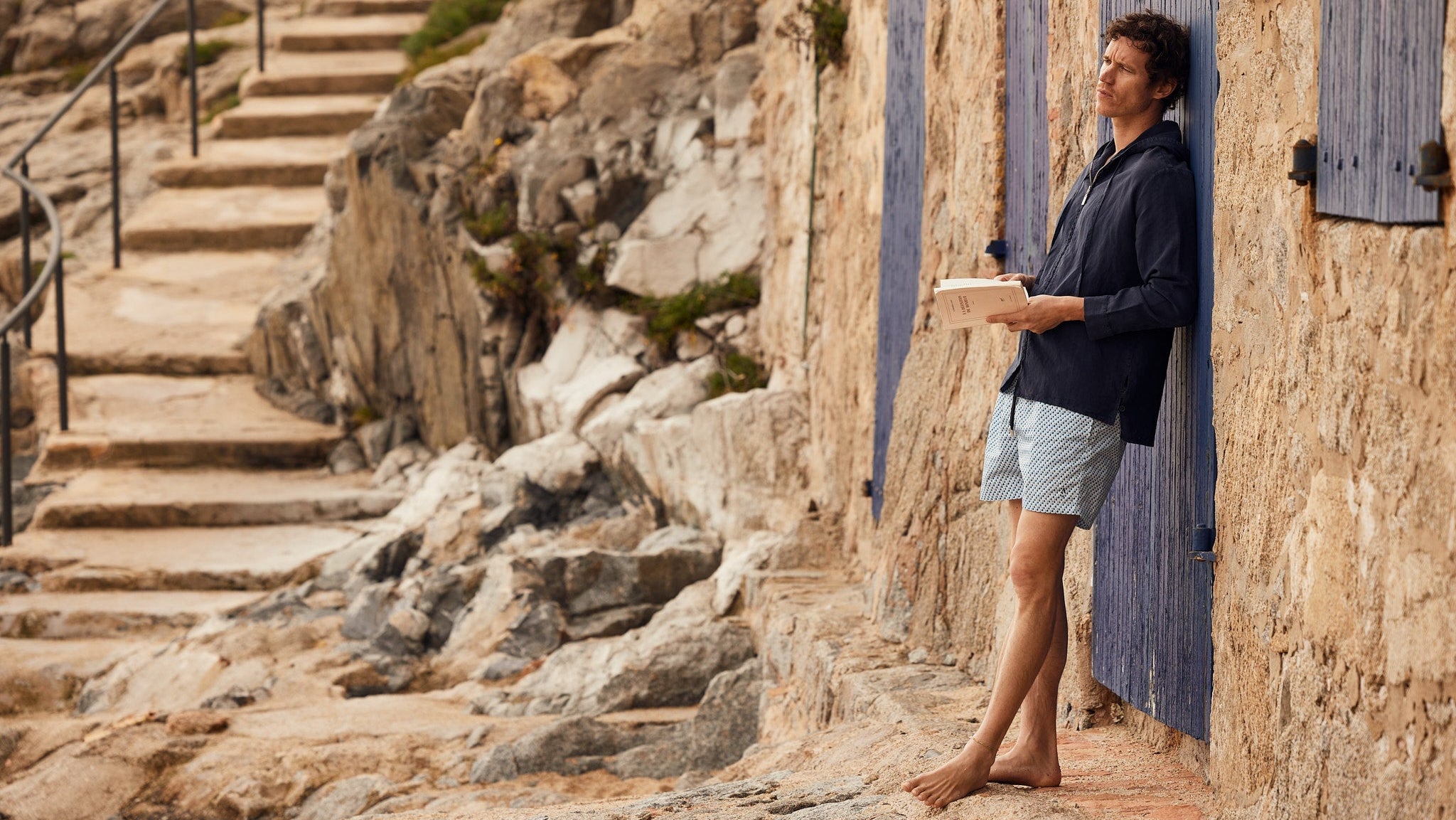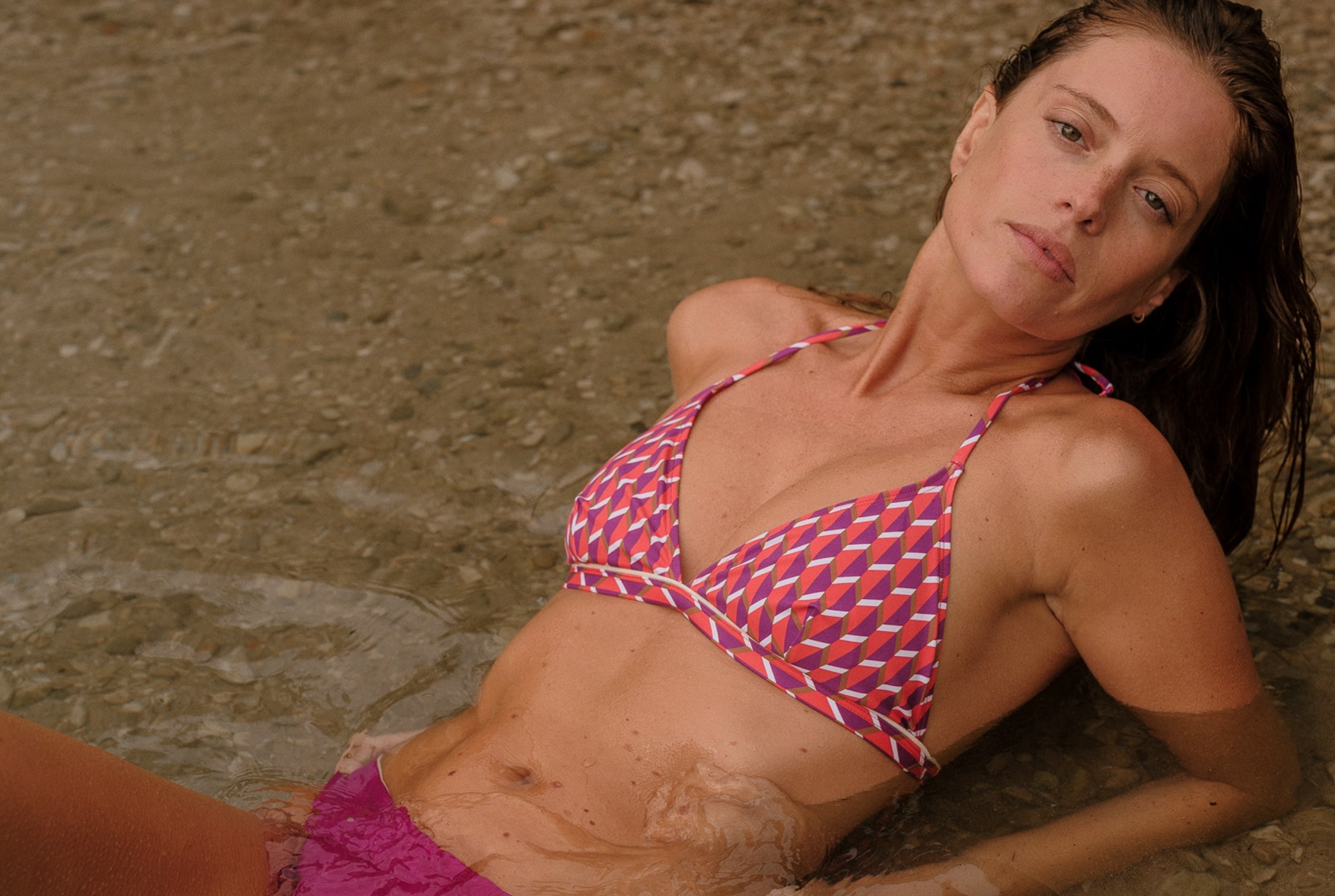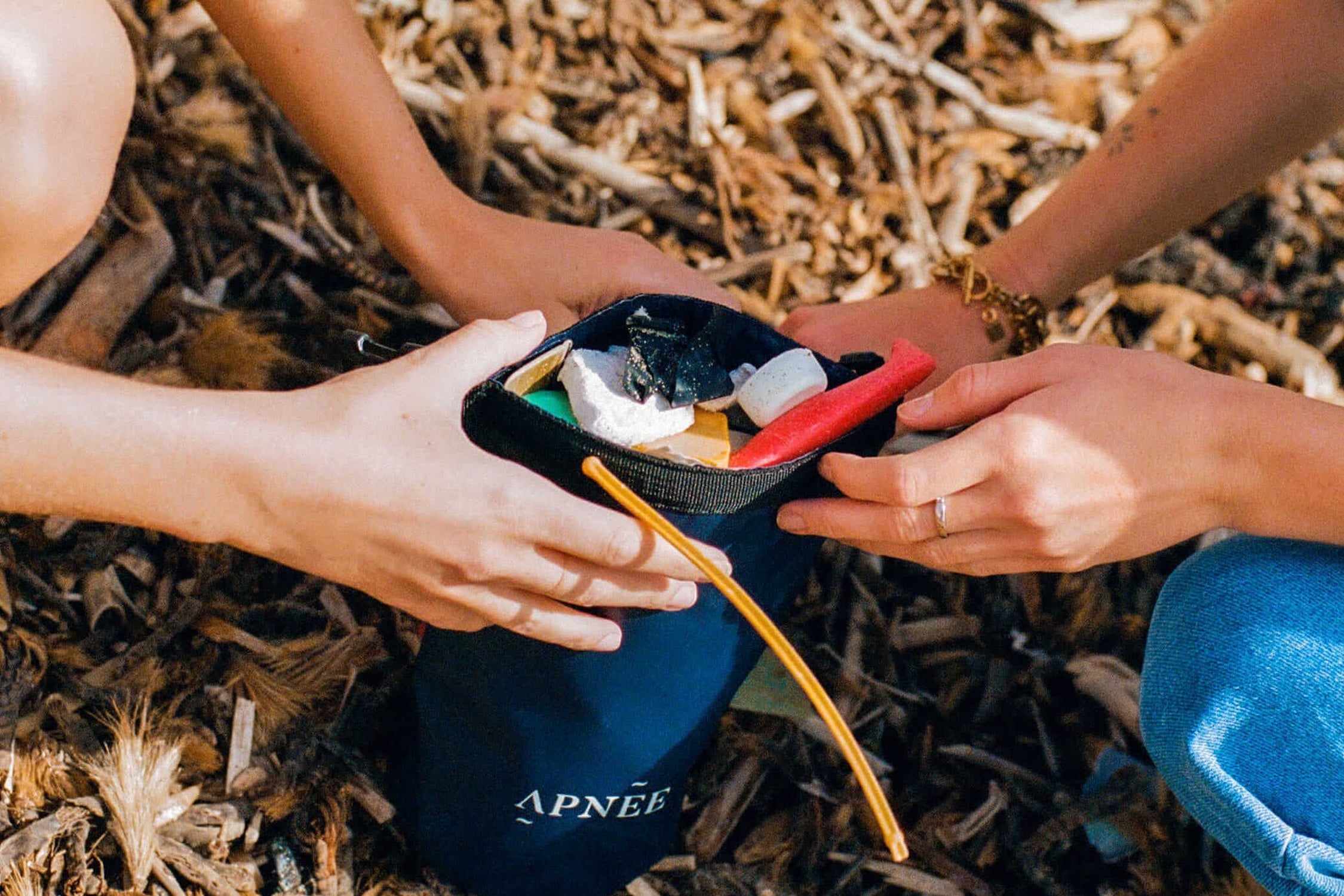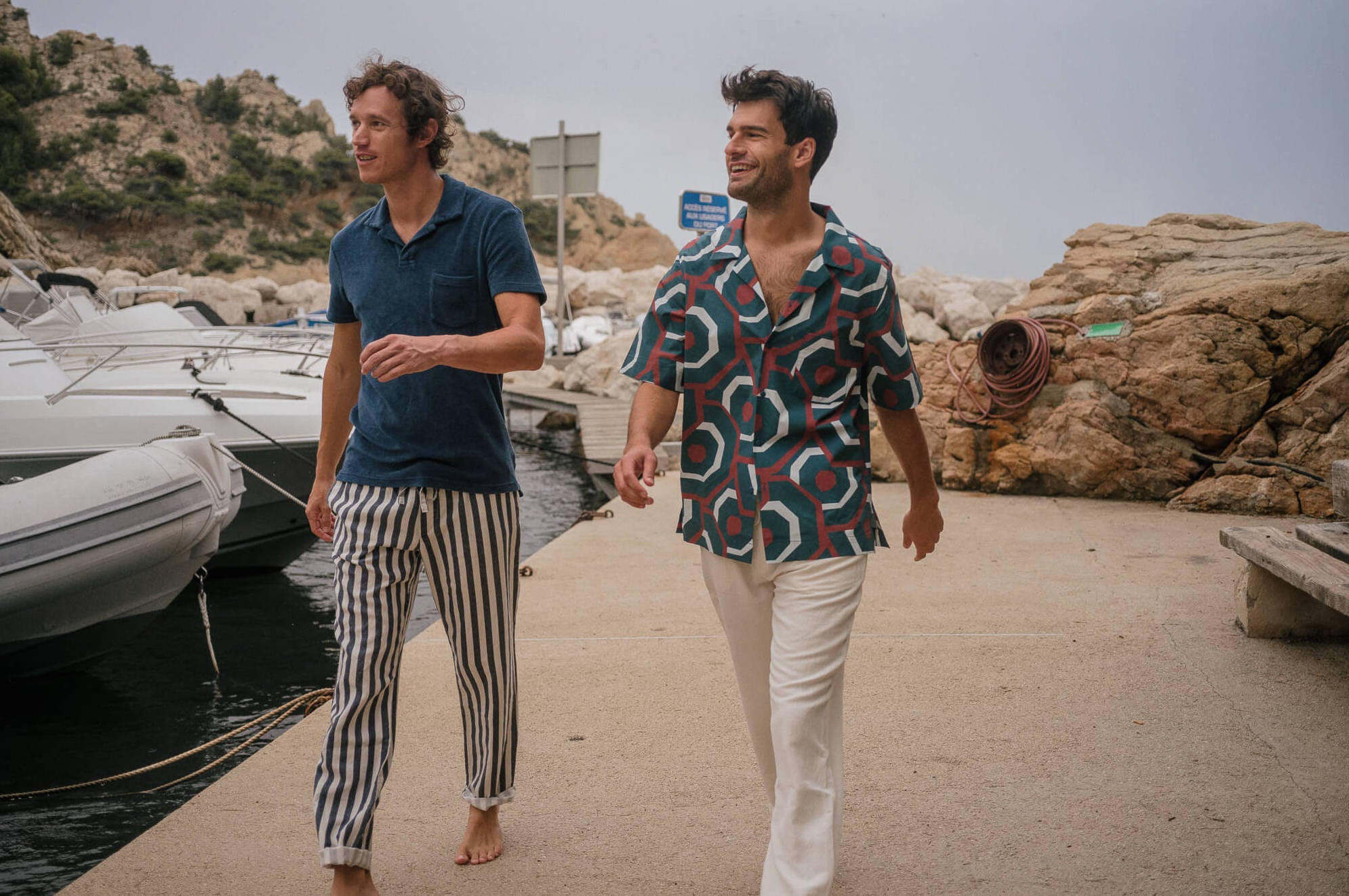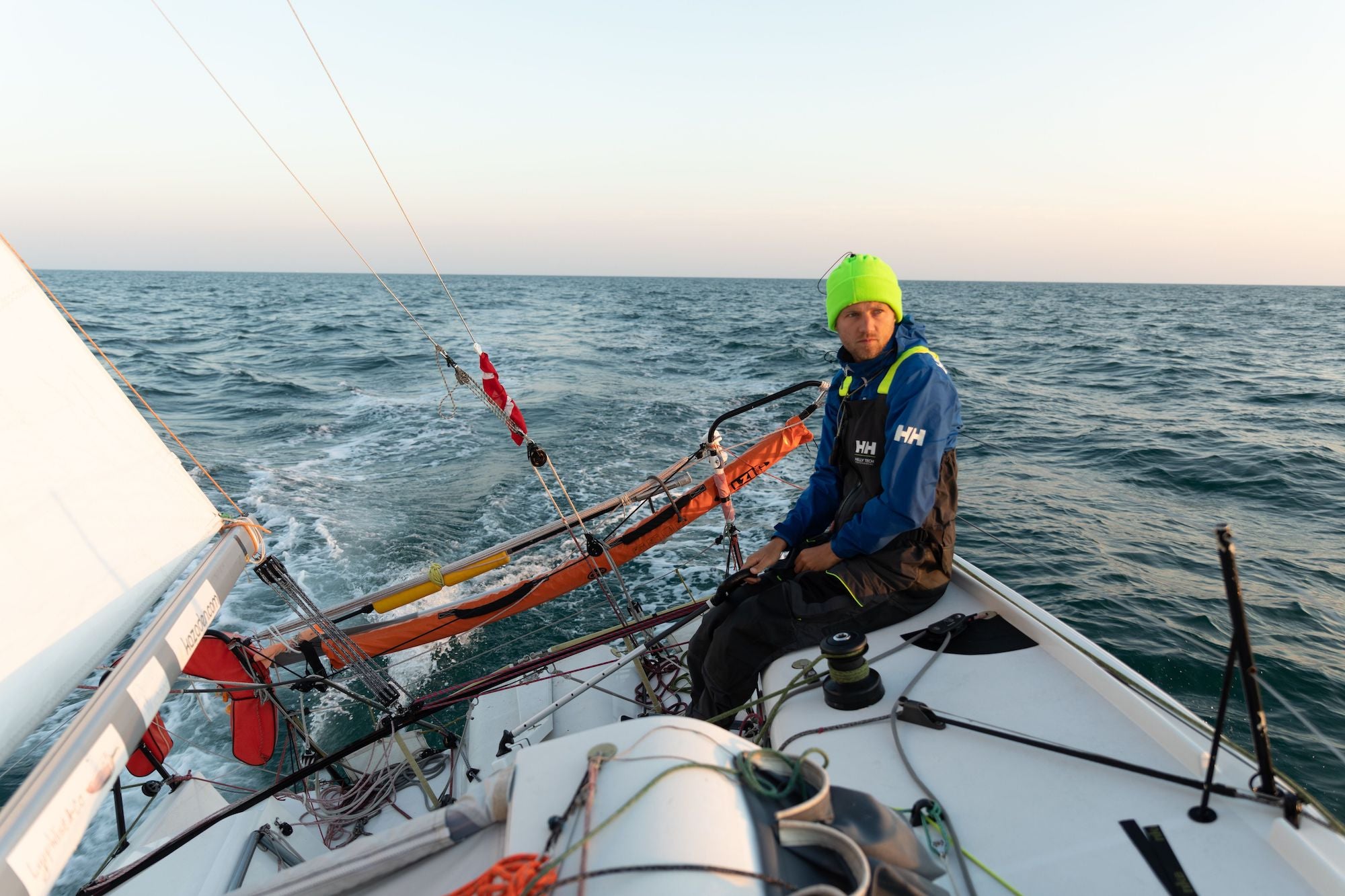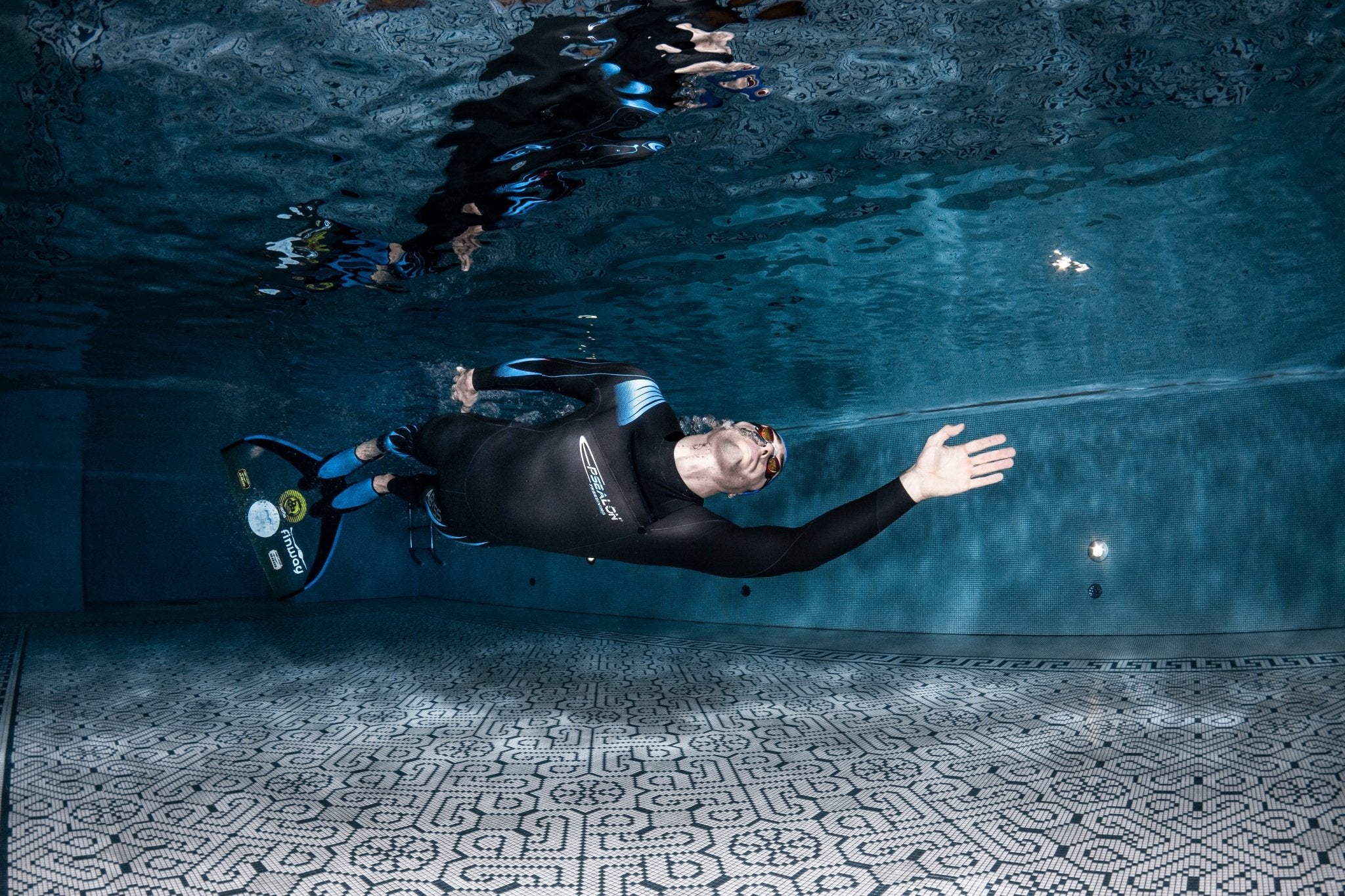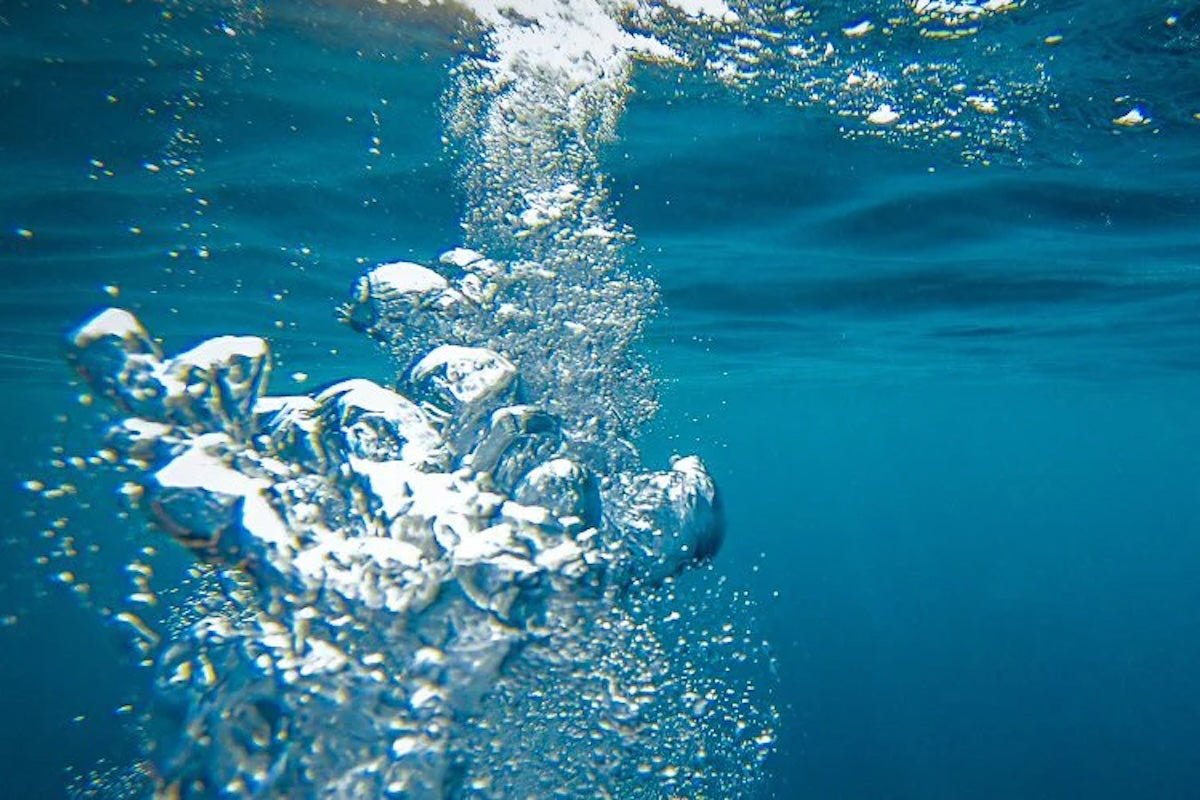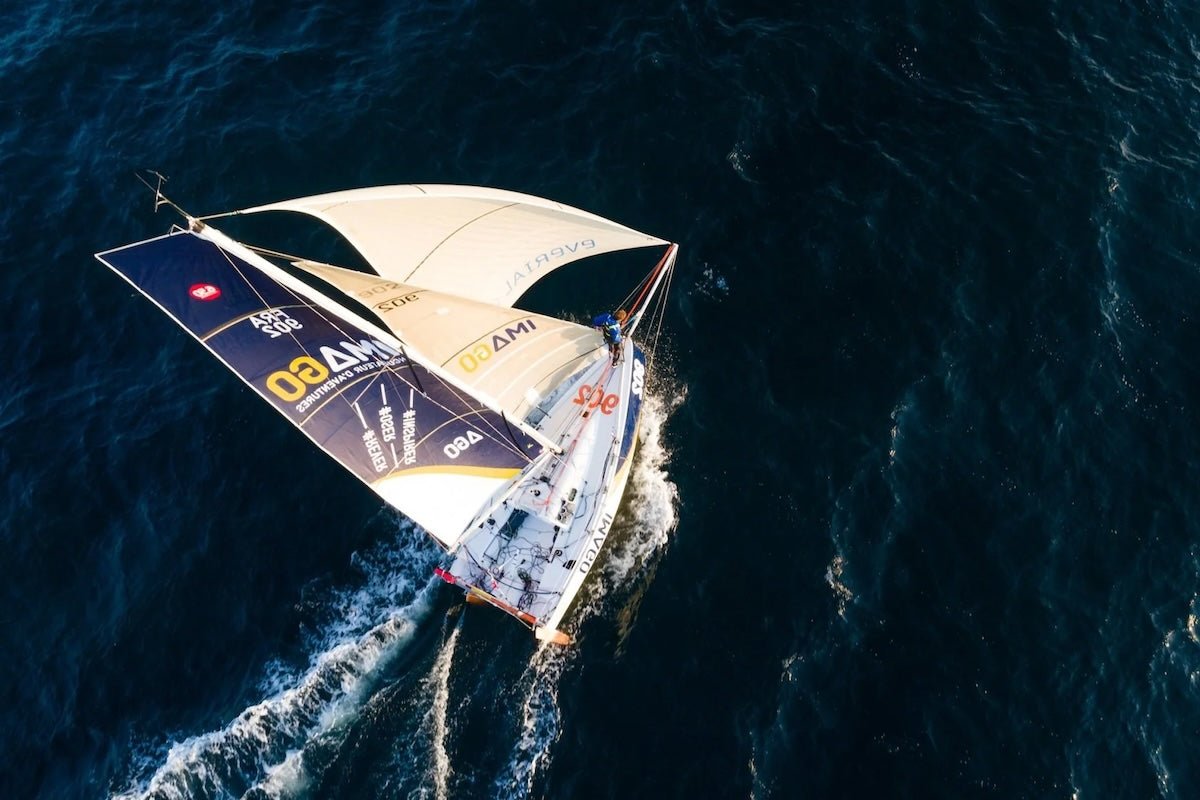
OCEAN LOVER #3: Benjamin Ferré
Benjamin Ferré, a modern-day adventurer
After a solo round-the-world trip by hitchhiking in 2012 and a GPS-free, self-sufficient Atlantic crossing in 2015, Benjamin Ferré is preparing to embark on the Mini-Transat La Boulangère on September 22. More than a passion, adventure has become a way of life for this 28-year-old Breton in search of meaning. A pioneering spirit and entrepreneurial spirit that Benjamin has decided to put to good use for environmental and societal causes.
How did this attraction to adventure come about?
I discovered adventure in 2010 with the 4L Trophy, a two-person rally across the desert. It was a first turning point that helped me realize that you could set up projects in a short time and experience some pretty incredible things. Two years later, I took advantage of my gap year at Skema Lille to set up a project called “Skema Globe Stoppeur”. For a year, I set off on a round-the-world hitchhiking trip, meeting former graduates of the School living abroad. I made a documentary about it called “Le Monde a porte de pouce”. Two years later, when navigation was seriously starting to intrigue me, I embarked on a new project with two friends: Cap à l'Ouest. The goal was to use the lessons of the past to look to the future. In 2015, we crossed the Atlantic with the Sextant and the Stars without GPS. Completely self-sufficient in energy, we used solar panels and stopped at schools during our stopovers to raise awareness among children about environmental transition. We left Saint-Malo with a flower in our rifles, thinking it would take us three weeks to reach Martinique. In the end, it took us three and a half months, knowing that none of the three of us had spent more than one night at sea on a boat before...
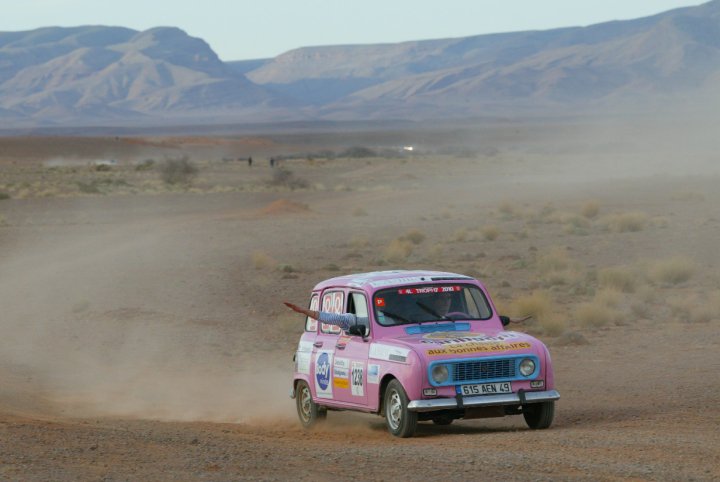
Experiences that made you want to go further?
Upon returning from this crossing, I set up "Imago" with these same two friends, namely the first adventure incubator in France whose vocation is to bring out sporting, ecological and solidarity adventure projects. Not only did I increasingly feel this societal and environmental appetite, but I also realized that there was a strong demand from people who wanted to embark on projects but who did not dare. The goal is therefore to source people who have these desires, to get them to take action and then to support them in their project, knowing that it must have a societal or environmental impact.
We started the first year with a pilot phase, incubating the project of three boys who set off on a sailing tour of the Atlantic to bring bio-sand filters to Haiti. After that, we decided to launch a national call for projects every year, following which we organize the Imago Tour: a week of inspiration and collective emulation to immerse project leaders in the world of adventure and ensure they leave with a well-crafted plan.

What are your main sources of inspiration?
For each of my projects, I was inspired by encounters and discussions that made me realize that my desires were possible. For “Skema Globe Stoppeur”, for example, I was inspired by Ludovic Hubler who came to give a talk at the school about his round-the-world trip hitchhiking for 5 years. I got the idea of crossing the Atlantic by talking to skippers who had embarked on the Route du Rhum. And I wanted to take on the challenge of the Mini-transat by listening to a friend of a friend recount his own experience, even though I myself had never set foot alone on a boat.
What do you feel when you sail?
I felt sensations at sea that I had never felt before. First of all, these experiences allow me to surpass myself and draw on unsuspected resources within myself, which is very instructive, including for everyday life. Then, it allows me to experience absolutely magical moments. Fleeting moments where I am overwhelmed with happiness, and where I realize that I am exactly where I need to be. I can obviously find these moments in my daily life, but they are necessarily multiplied tenfold in adventure projects. These are fairly short experiences on the scale of a lifetime but which are ultra-intense and which almost represent condensed lives, so strong are the emotions.
What does the ocean inspire in you?
The sea is taking an increasingly important place in my life. I discover unique and inexplicable things there, knowing that we sail on a small walnut shell – our boats are 6.5 meters long – completely exposed to the good will of the ocean. It allows me to gain humility in the face of Nature. Moreover, when I find myself alone at sea, I often think of what Thomas Pesquet said upon returning from his expedition into space: "I saw all the beauty of the Earth but above all I felt its fragility." I find that we also have a bit of that luck by going to sea... On land, we intellectualize the fact that the planet must be protected, whereas at sea, you don't intellectualize it, you feel it fully. It's much stronger than what you can read or hear.
A memory in the water that you will never forget?
A whale dance during a race that went to the Azores. It was the first time I had gone out alone for so long at sea and I had a big problem with my autopilot. I had been in electronic blackout for five days and had to steer constantly. I had reached a fairly significant psychological fatigue, there was no more wind... And then, a whale came to play around the boat. It perked me up and allowed me to finish this race, saying to myself: “Okay, I'm at rock bottom but the weather is nice and I'm still happy on my boat in the middle of the Atlantic... How lucky to be here!”
Any Instagram accounts that you particularly like?
Those of Home Port and of Clarisse on the Atlantic .
What was the trigger that made you want to get involved in protecting the oceans?
It happened gradually... Initially, I had no environmental awareness, but as I grew up and matured, I wanted to become an actor in what was happening. Then, I think that through my various experiences, I feel indebted to Nature. My projects are increasingly oriented towards the ocean, and I want to preserve this extraordinary playground. Today, we have a major challenge: managing the 10 tons of plastic that arrive in the ocean every second. It's actually quite frightening because we don't see that much waste at sea. Of course, we sometimes have to avoid plastic bags or containers, but the worst thing is what is not visible to the naked eye: microplastic particles.
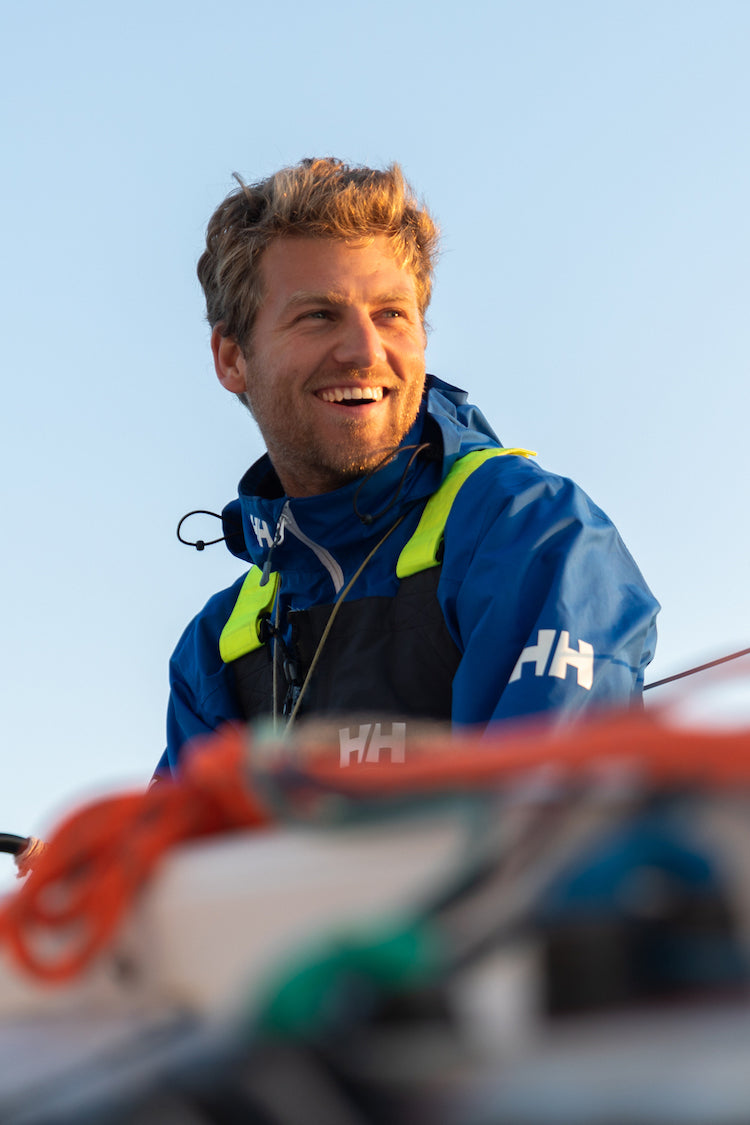
Concretely, how does your commitment translate?
With Imago, I feel like I'm making a contribution, however small it may be. Thanks to the Mini-transat, I'm also raising awareness among people, for example by sending messages when I have the opportunity. That said, I objectively believe that beyond raising awareness, we now need to take action. I'm therefore trying to get closer to associations like WWF or Surfrider, with whom I would like to organize concrete actions, such as collecting rubbish on beaches.
Are you optimistic about the future of the planet?
I am very optimistic. Humans take time to understand, often having to find themselves with their backs against the wall to react. It's human... That said, I have the impression that there is currently a collective awareness, and that we have the human qualities, the energy and the intellectual skills to solve problems.
And in your opinion, what solutions should be considered?
I'm torn, because I find that there are many laws that curb our freedom, to which I am very attached, and at the same time, I believe that we will have difficulty evolving if there are no laws that oblige us to do so. In my opinion, politicians have a role to play, just like citizens and businesses. I often think about Nicolas Hulot's message when he resigned. He explained, among other things, that citizens need to send a strong message to politicians, to show that they are aware of things but that they still have difficulty applying them individually. In fact, it is necessary to pass laws to change things in depth. So yes, it will surely be restrictive, but we are ready and we absolutely must let the government know.
The best example is Julien Moreau, who embarked on a triathlon across France to raise environmental awareness among schoolchildren. He asked the children if they had any ideas for laws in favor of the environmental transition. Three little girls responded that they found it absurd that they were distributing plastic bottles in schools when they had drinking water. Julien brought this bill with them to the National Assembly. As a result, plastic bottles will be banned in public schools by January 2020 in France. That's concrete.
Do you have any practical tips for reducing sea pollution?
On board, I always use biodegradable soaps!



